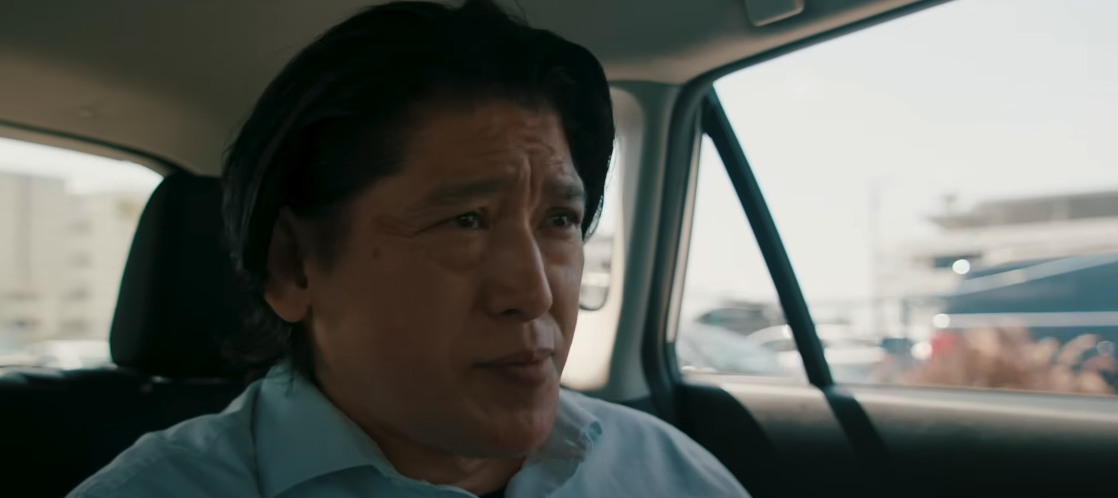Yakuza Girl (2024), directed, written, and starring Louis DeStefano, attempts to merge crime thriller elements with ninja action, but ultimately collapses under its own ambitions. The premise—detectives investigating bizarre murders connected to the Yakuza and a covert ninja assassin—could have offered tension and excitement, yet the execution is painfully lacking.
The acting is uniformly stiff, with performances so wooden that even the simplest dialogue feels awkward. Masashi Ishizuka as Detective Kenji and Chris Spinelli as his American counterpart bring little charisma or depth to their roles, and the supporting cast fares no better. Adding to the disconnect, characters speaking English in Japan—often with thick accents—makes the dialogue feel unnatural and unconvincing.
The script is generic at best, filled with juvenile dialogue and plot developments that fail to engage. Scenes that should build suspense or action instead drag, with much of the 83-minute runtime devoted to filler that adds nothing to the story. Even the film’s action sequences, which might have salvaged some entertainment, are sparse, poorly choreographed, and lacking in visual punch. CGI effects for muzzle flashes are unconvincing, and blood effects are absent, undermining any sense of danger or intensity.
The film’s pacing is lethargic, further exacerbated by an overly dramatic and misplaced piano score that distracts rather than enhances the scenes. While the premise hints at a cross-cultural, high-stakes crime story, the narrative progression is slow, the characters are flat, and there’s little to hold audience interest.
In short, Yakuza Girl is a disappointing effort, failing to deliver on both action and suspense. Its one redeeming quality may be its cover art, which oversells the film’s promise—but the movie itself does not live up to even modest expectations. This is a title best avoided, as it struggles to engage on any level.
Jessie Hobson



